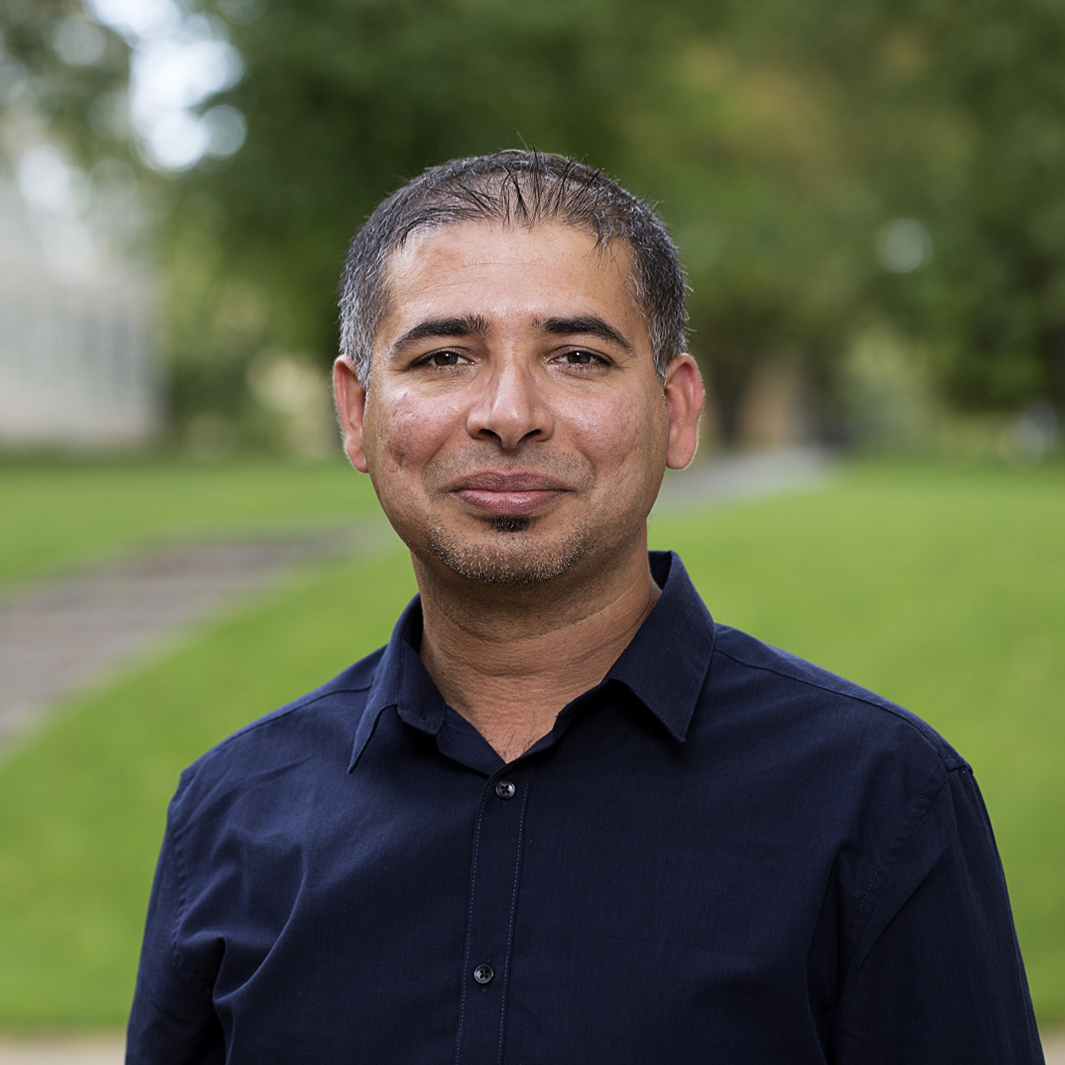
Parkinson’s disease (PD) is the most common neurodegenerative cause of severe motor disability and eventually cognitive dysfunction. The pathological hallmarks are intraneuronal inclusions of alpha-synuclein (AS) protein in brain and loss of midbrain dopaminergic neurons. A prion-like behavior of α-synuclein (AS) protein has been hypothesized in the pathogenesis of PD. According to this hypothesis, pathogenic forms “seeds” of AS propagate from periphery into the neurons of central nervous system (CNS), where they recruit endogenous AS in the first receiving neurons, exit the cell and enter connected neurons. The ongoing AS aggregation and cell-cell propagation is considered to induce oxidative stress, neuronal dysfunction and neuronal loss in CNS. Therefore, blocking the neuronal propagation of AS will prevent AS neurotoxicity and neurodegeneration. To understand the neuronal mechanisms in the prion-like spread of AS in the CNS, I will develop a mouse model in which I will selectively modify the genetic makeup of first receiving neurons. This will be done via viral delivery of novel CRISPR/Cas9 genome editing tools. Once the tools are developed and model is refined, I will test specific hypothesis towards mitigating AS propagation and neurotoxicity.
Project title:
Blocking the prion-like disease propagation in Parkinson’s disease and related disorders – model development and identification of cell-autonomous and cell non-autonomous factors
Area of research:
Neuroscience
Fellowship period:
1 Oct 2017 – 30 Sep 2020
Fellowship type:
AIAS-COFUND Marie Skłodowska-Curie fellow

This fellowship has received funding from the European Union’s Seventh Framework Programme for research, technological development and demonstration under the Marie Skłodowska-Curie grant agreement No 609033 and The Aarhus University Research Foundation.
